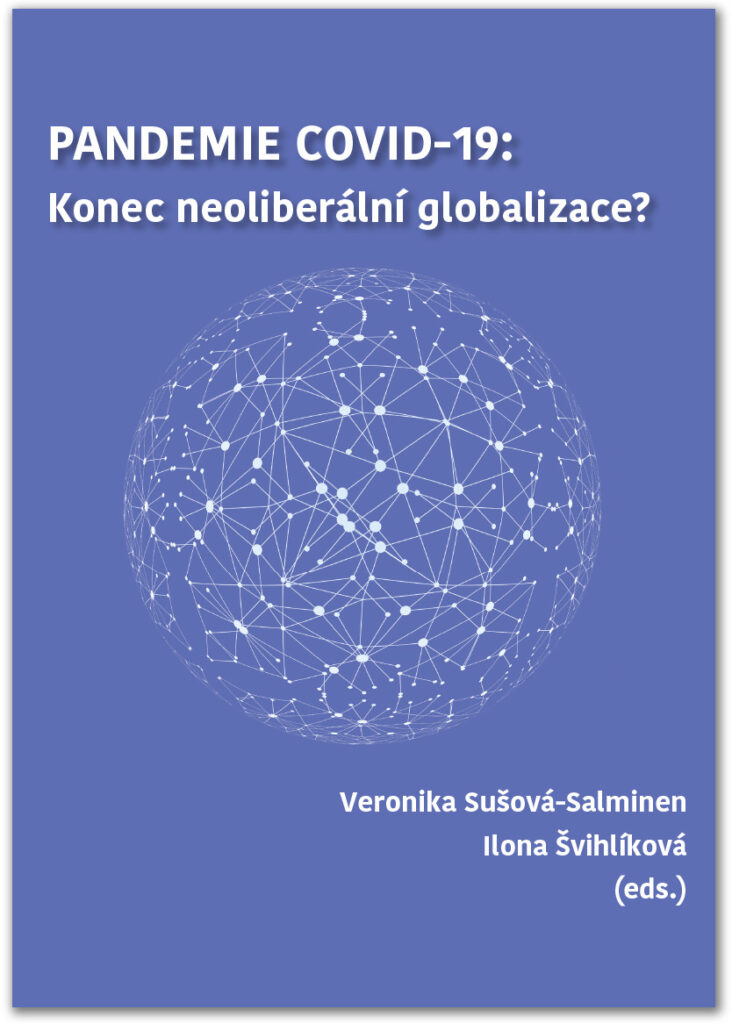Leading Czech and Slovak scientists from various disciplines have contributed to this eDossier. Supported by transform! europe, economists, philosophers, sociologists, political scientists, historians, geologists and culturologists were brought together to reflect on the ongoing pandemic.
Geologist Václav Cílek sees the pandemic of the new coronavirus as a composite crisis characterised by the concurrence of a number of crises at once. Cílek thus presents the current pandemic as part of a much broader process of change and crisis, including climate change.
Sociologist Jan Keller focuses on the impact the pandemic has had on services, which in the past was seen by many as a way out of deindustrialisation. Keller shows that at the moment, the pandemic has impacted services in different ways, although none of them spells a rosy future for the sector.
Political scientist Petr Drulák shows that crises like the current pandemic have two forms of impact: those of coercion and those we learn from. Drulák draws attention to the ongoing crisis of the liberal state in a new, pandemic context, with regard to the future of Europe as dictated by changing international relations.
Culturologist Tomáš Daněk observes the socio-cultural impacts of the pandemic on society in terms of the current situation, but also sees them as a chance for a fundamental, positive turn for contemporary global civilisation. Daněk believes that the main source of change must be a ‘revolution of the head and the heart’, a healing of interpersonal relationships from the bottom up.
Historian Petr Schnur addresses some of the political implications of the pandemic in the context of contemporary Germany, distinguishing a ‘corona policy’ from a purely epidemiological struggle. Schnur shows how the pandemic has clashed with the rules of today’s anti-discourse, which has very concrete consequences for democracy and the fight against disease.
Economist Ilona Švihlíková provides a first diagnosis of the economic changes wrought by the Covid-19 pandemic and their future outlook. She points out that the pandemic has re-emphasised the ongoing crisis in Western societies based on the neoliberal paradigm.
Philosopher Michael Hauser sees the coronavirus pandemic as a turning point in the entanglement of long-term crises that had culminated in the financial meltdown of 2008. Hauser wonders whether this turning point will lead to the recognition of the true state of affairs and thus change the present neoliberal capitalist understanding of the economy, society and the global world.
Historian Veronika Sušová-Salminen traces the history of pandemics and epidemics in the past of human societies. Using three specific cases – the ‘Black Death’, the mass epidemics that followed the discovery of America, and the ‘Spanish’ flu – Sušová-Salminen looks at how the changes and transformations were not just social and environmental in nature, but purely political as well.
Please find the eBook on the left/below (mobile version) in ‘Documents’ (in English and Czech, PDF).
Table of Contents
Veronika Sušová-Salminen, Ilona Švihlíková, Foreword
Václav Cílek, A composite crisis of the past and the situation today
Jan Keller, The virus in the services sector
Petr Drulák, A painful lack of pain
Tomáš Daněk, Covid-19 in the Era of Neoliberalism
Petr Schnur, (Not just) a corona lockdown democracy: the political implications of one pandemic
Ilona Švihlíková, Coronavirus and changes to the world economy
Michael Hauser, The Covid-19 pandemic as a turning point. Why neoliberal capitalism is not a farce, but a tragedy
Veronika Sušová-Salminen, Diseases stalk people, or Epidemics and pandemics in history
